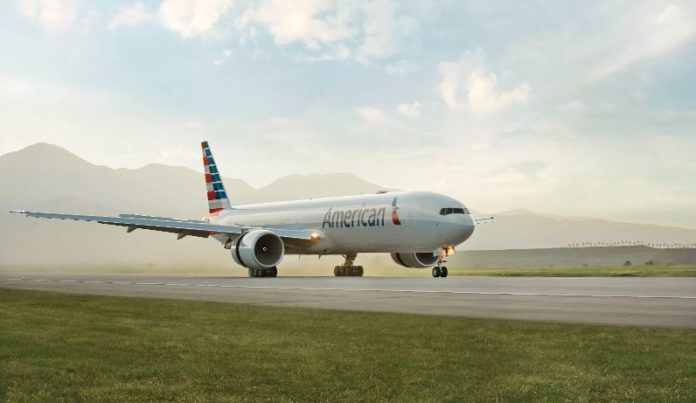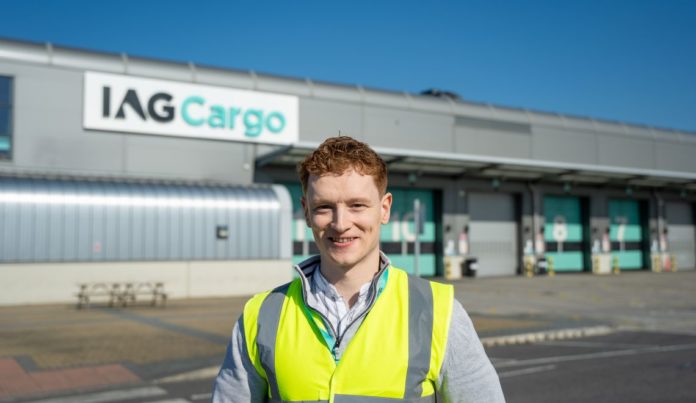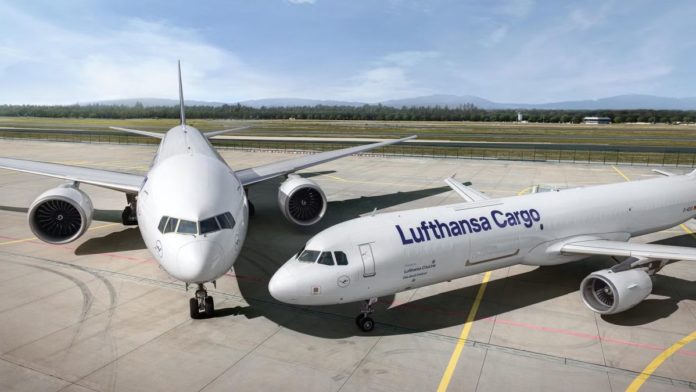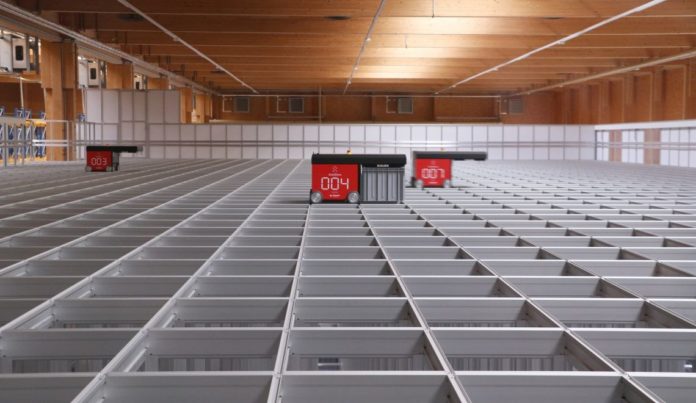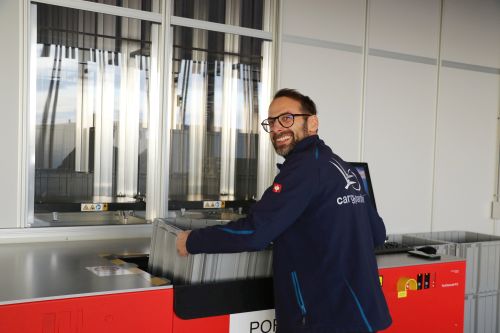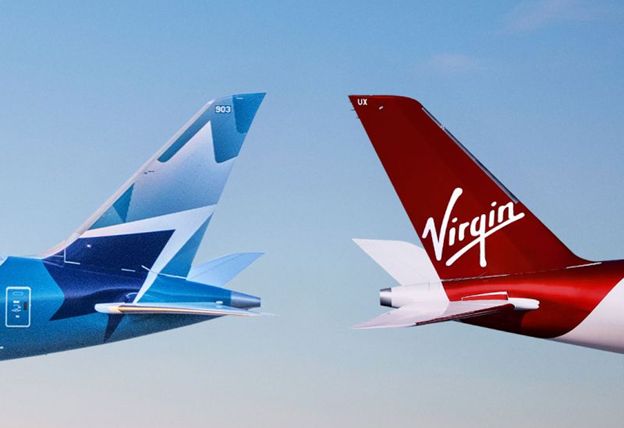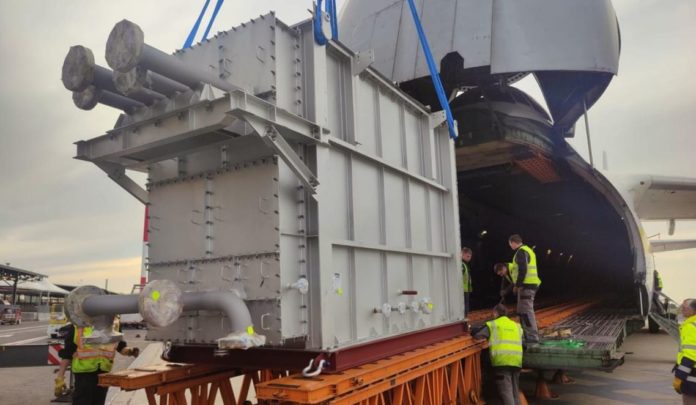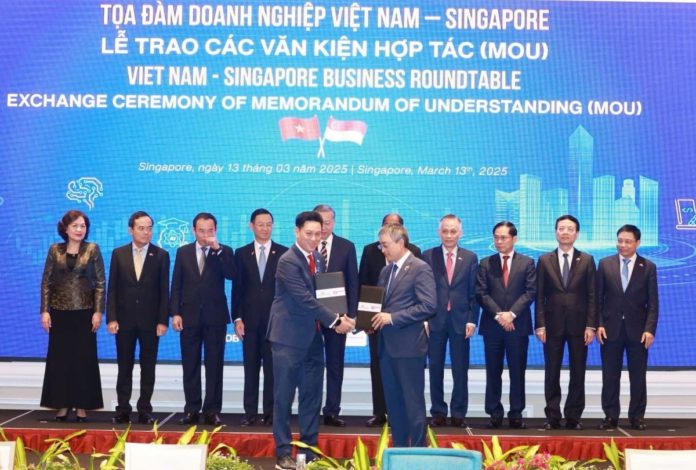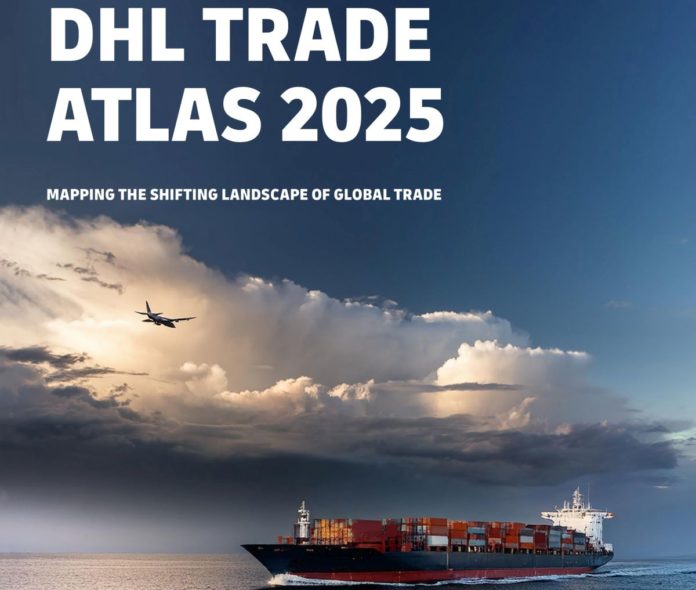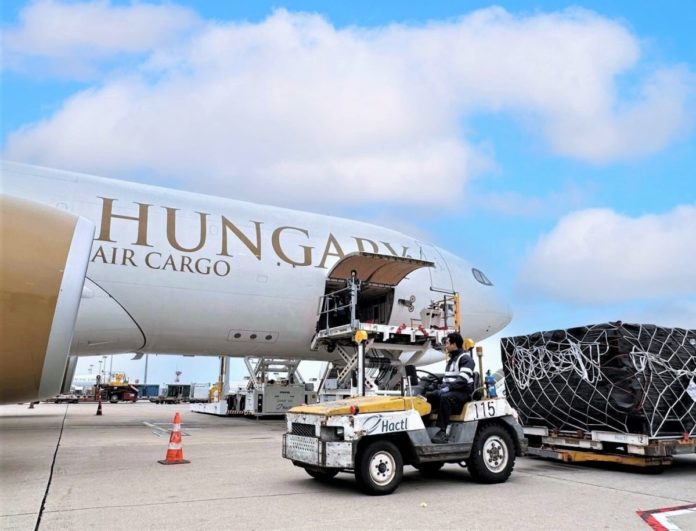President Trump’s tariffs will not spell the end of globalisation but they could lead to trade turbulence, Lufthansa Cargo senior director of business development Heike Woerner told an online press conference on 18 March. “We still see long-term growth in the market,” she told the gathering.
In the face of rising US protectionism, she advised: “Keep calm. This industry is used to volatility, and also, some opportunities may arise for airfreight.”
Some of Trump’s suggested measures could actually benefit airfreight, for example the mooted ‘tax’ on Chinese ships calling in US ports. There is an earlier precedent in the diversion of shipping away from the Red Sea following missile attacks of vessels by Houthi rebels, which led to longer voyage times and reduced capacity on Asia to Europe trade lanes, and which had moved some traffic to air.
She pointed out that manufacturing has already begun a process of relocating, partly in response to the tariffs on China imposed by the first Trump administration in 2019. However, in the long term, tariffs would affect both inflation and consumer demand.
Despite this, Woerner expects the EU/US trade lane to remain important, though probably not one of the fastest-growing. At the same time, there might be new opportunities to serve the Canadian market if US policies led to shift in trading patterns.
She was also confident for the future of Lufthansa Cargo’s direct transpacific freighter flights from Ho Chi Minh City to Los Angeles launched in October 2024, in partnership with the carrier’s 7, AeroLogic joint venture subsidiary, although the schedule would be reviewed in light of performance over the winter. Woerner pointed out that Vietnam had not, so far, been a target of Trump’s tariffs.
More generally, Woerner was confident that the world air cargo market would continue to grow, although there would be many ups and downs. The industry had already shown steady growth over the past 18 months on the back of strong demand from Asia and e-commerce expansion.
For 2025 and beyond, Lufthansa expects volumes to grow 3-5%, in line with IATA’s predicted 5% increase. “The global economy is still growing, though Germany and Europe are stagnant,” Woerner pointed out.
She predicted that the global economy would grow by 4% in 2025, fuelled mainly by emerging markets and e-commerce, though again there could be changes. While the China-EU e-commerce market is currently running at 10 million parcels a day, Trump is not the only politician contemplating tariff measures; EU customs reform scheduled for 2028 could end or modify the EU’s current €150 de minimis tariff limit, similar to Trump’s move to abolish the US’s rather more generous $800 de minimis rule.
However, other markets showed steady growth including pharma, thanks to Europe’s aging population, and semiconductors, as a result of the rise in robotics and electric cars.
The airfreight supply side could remain tight for the foreseeable future, Woerner continued. The global widebody freighter fleet would grow by only 2% in 2025 while there would be a 13% contraction on widebody bellyhold capacity. Moreover, the world’s freighter fleet was aging, with 30% of such aircraft over 30 years old. While some new aircraft are coming to the market, manufacturers have slowed deliveries of new freighters such as Airbus’s A350F.
“So capacity will be tight, which will be good for yields but a constraint on trade,” said Woerner.
Lufthansa Cargo itself was in a good position, she added, with one of the world’s most modern freighter fleets and with more capacity expected very soon. Freighters gave the carrier flexibility, able to respond to changes in cargo demand without reference to the passenger market, especially in emerging markets.








